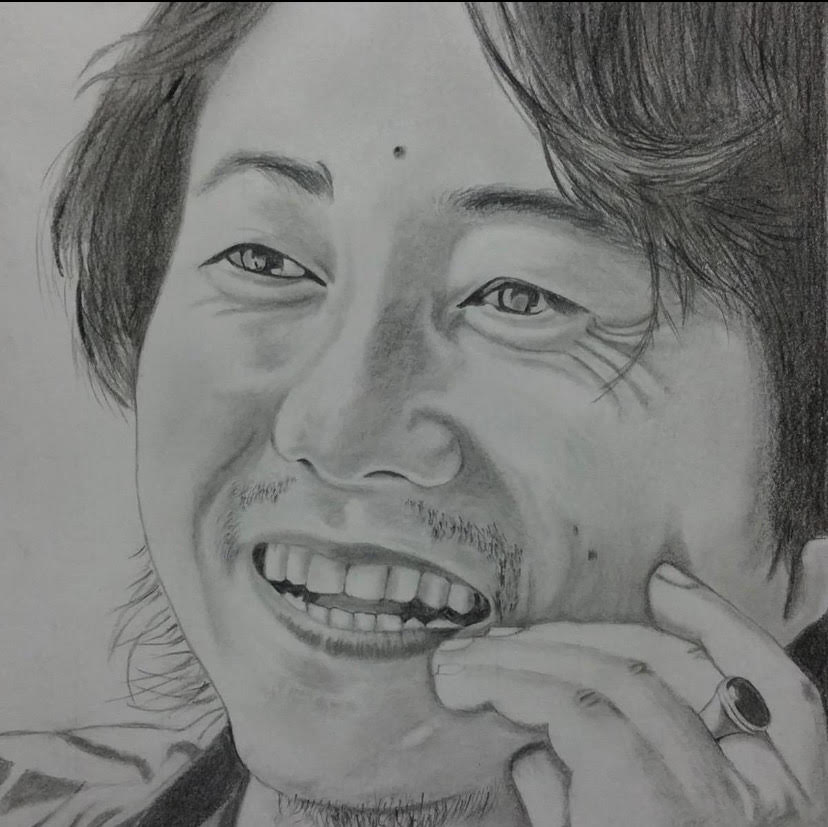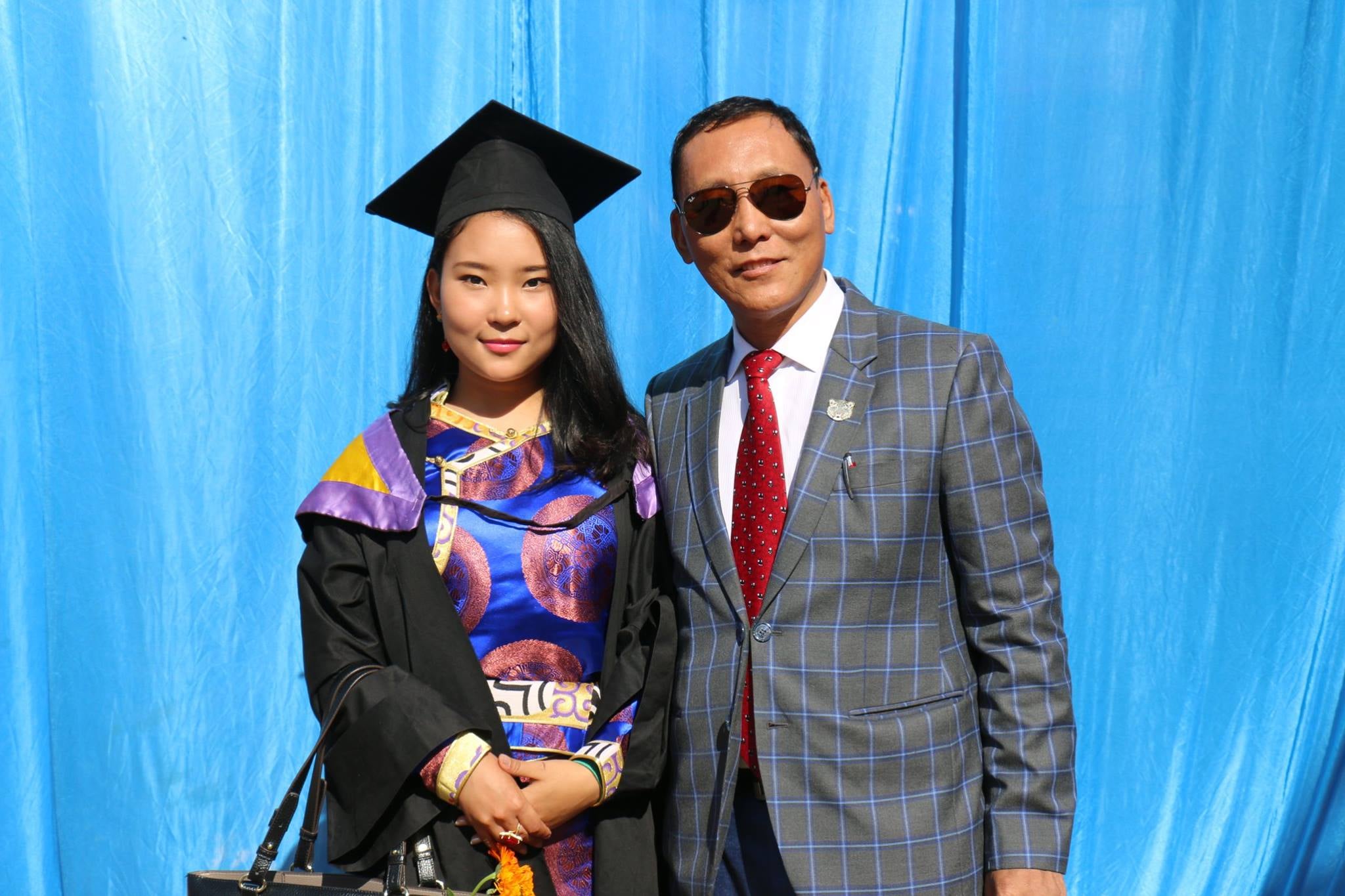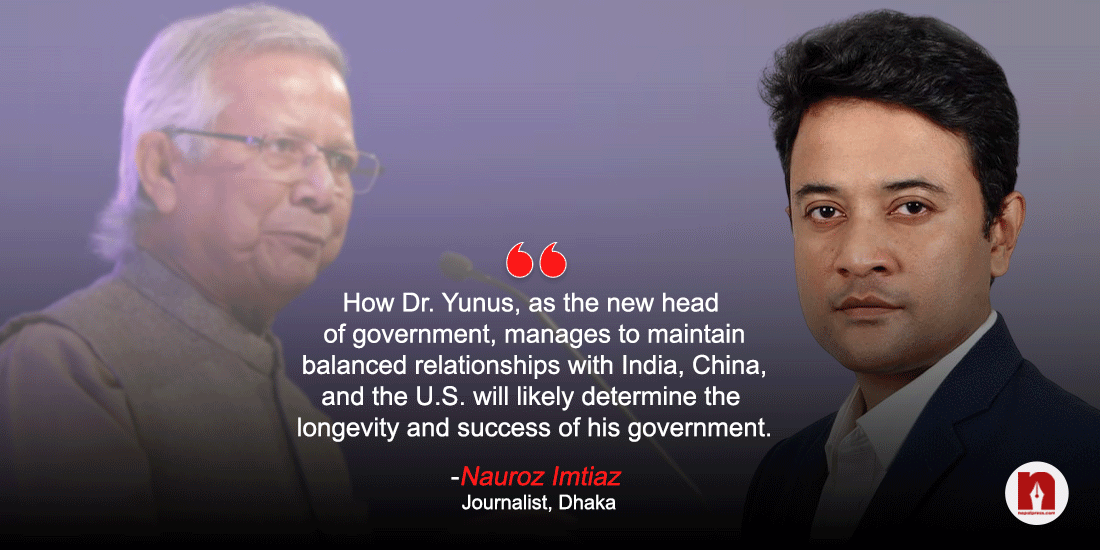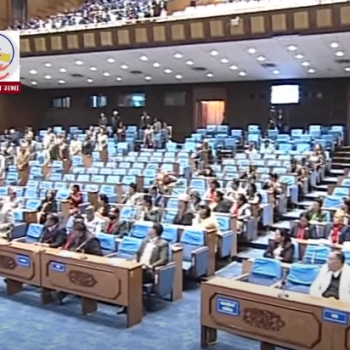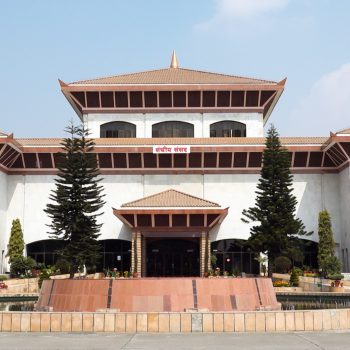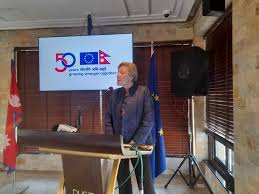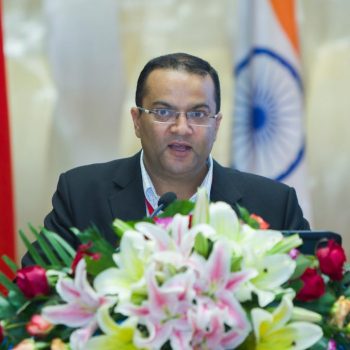Isn’t marriage a matter of personal choice rather than societal pressure?
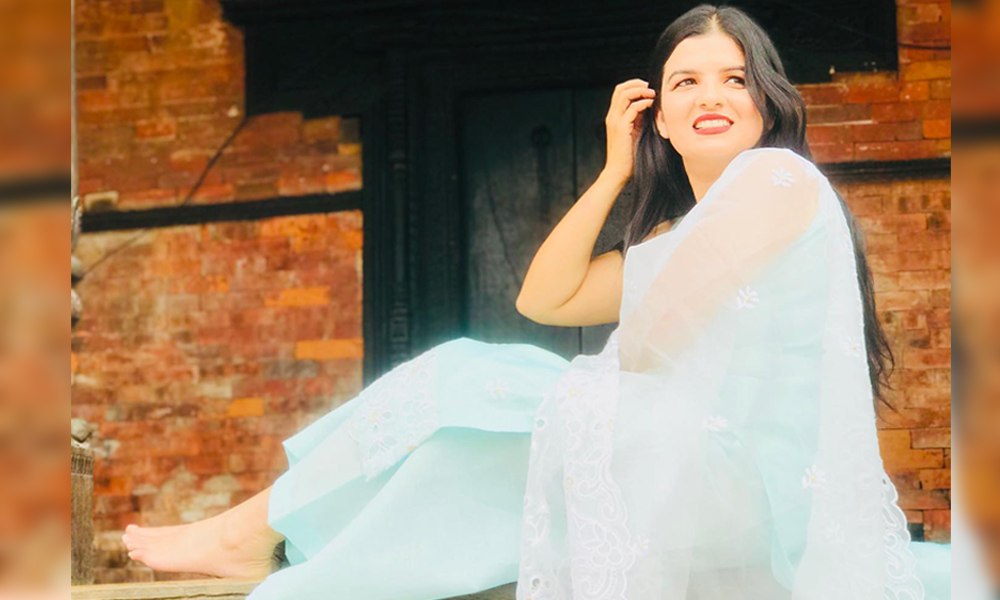
Marriage is often portrayed as a beautiful and natural part of life, a commitment shared between two people that signifies love and partnership. However, it’s crucial to recognize that marriage should be a deeply personal choice, unburdened by the pressures and expectations of society. It is a journey that individuals should embark on only when they are truly ready. Marriage is not a one-size-fits-all path but a personal odyssey that should be undertaken at one’s own pace, without the imposition of compulsory or rigid societal norms.
In today’s world, societal norms often dictate the appropriate age and time to get married. As individuals reach their mid-20s or early 30s, inquiries about their marital status become increasingly common. For women, especially, these inquiries can be accompanied by negative comments and assumptions if they remain unmarried by a certain age. Such societal pressures can be demoralizing and hurtful, often pushing individuals into making decisions they may not be ready for.
I have personally experienced the weight of these societal expectations. Friends and well-wishers sometimes suggest that I should hasten to get married, using examples of our male friends who seemingly have more freedom in deciding when to settle down. While their intentions may be rooted in concern and care, such comments can feel discouraging and unsettling. It is essential to recognize that these remarks stem from societal pressures that have seeped into our personal lives.
Societal perceptions and expectations play a significant role in how individuals view marriage and the timing of it. During a job interview, I was once unexpectedly asked about my marital status. The interviewer’s line of questioning was unrelated to the job I had applied for, highlighting the prevailing societal perceptions. People often make assumptions about individuals based on their marital status, and this scrutiny is particularly intense for women in their mid-20s.
This is just an example, but it’s something that many people, particularly women, face when they are in job interviews or similar situations. Instead of focusing on the specific job they have applied for and relevant questions, interviewers often inquire about unrelated topics. I’m not saying that organizations should never ask about marital status of candidates. However, these inquiries should be brief and not lead to any assumptions. Employers should appreciate diverse perspectives and consider that individuals may have different timelines for marriage or personal plans. It’s essential to halt these practices and shift the mindset.
This scenario is an example of societal perceptions and expectations. People often make assumptions about individuals based on their marital status, particularly women in their mid-20s. Finding a suitable partner can be challenging, but the focus should not be solely on marriage. Men generally face less pressure to marry early, while women are often scrutinized and judged for not following the conventional timeline.
Historically, women were expected to marry at a young age, sometimes even before significant life milestones such as menstruation. These expectations have evolved over time, and legal changes have been made to address them. However, remnants of these old beliefs still persist, and women continue to be judged based on their age and marital status. It is crucial to recognize that societal expectations have deep roots and continue to influence our choices.
Women who married at a young age and faced numerous complications often found themselves unable to pursue their goals. They couldn’t openly address their problems and, more importantly, failed to recognize their true potential. The responsibilities of marriage and family consumed them, making it difficult for them to broaden their horizons. Unfortunately, society tends to keep these issues hidden, and while some women do share their experiences, many silently endure the challenges and lose sight of their human worth and life’s purpose. They simply accept their circumstances and carry on.
Some may argue that women who marry in their early 20s and start families become “younger moms” and find it easier to raise their children. However, this perspective overlooks the importance of mental and physical maturity in parenting. Women should never feel rushed into marriage and parenthood simply to conform to societal ideals. The notion that women’s futures are brighter when they marry well-established men should be challenged. It is essential to recognize that individual life paths are diverse, and there is no one-size-fits-all approach.
During family gatherings, conversations often turn to the topic of women who haven’t married by their mid-20s or early 30s. Unfortunately, some individuals begin to judge and make hurtful remarks like, “Who would want to marry her?” Such judgmental comments are disheartening and counterproductive. Instead of offering support and encouragement, these women should be motivated to pursue their goals and aspirations with determination and resilience.
Marriage should be viewed as a partnership where both individuals have the freedom to explore the world, share ideas, and fulfill their potential. Society should celebrate women’s independence, encourage them to pursue their goals, and empower them to make informed decisions about marriage when they feel genuinely prepared.
It is essential to understand that individuals mature at different rates. Some may feel ready for marriage in their 20s, while others might need more time to develop and gain life experiences. The focus should always be on individual readiness and choice, allowing individuals to define their own paths, free from societal norms and expectations.
Despite the enduring societal pressures and expectations, there are signs of change. In some societies, especially urban areas, people’s mindsets are evolving. Women are pursuing higher education and careers, and they are making independent choices about marriage. Families and societies are increasingly embracing these changes, recognizing the importance of individual happiness and well-being.
Education plays a pivotal role in challenging societal norms and expectations related to marriage. It equips individuals with the knowledge and critical thinking skills to make informed decisions about their lives. It also fosters financial independence and emotional readiness, essential attributes for a successful and fulfilling marriage.
While societal norms may persist in some areas, it is essential to embrace the change that is taking place. People are questioning traditional beliefs and challenging stereotypes. The acceptance of diverse life paths, including when and if to get married, is a positive step toward a more inclusive and equitable society.
In conclusion, marriage should always remain a deeply personal choice, free from age restrictions and societal pressures. Women, in particular, should be encouraged to pursue education, financial independence, and emotional readiness before considering marriage. Society must move beyond stereotypical thinking and refrain from discriminating based on marital status.
The essence of this write up is not against marriage but underscores the importance of individual choice and preparedness in the decision to marry. Each person’s journey is unique, and the decisions surrounding marriage should always reflect that uniqueness.





